Comparing Fan Materials: Plastic, Metal, and Hybrid Designs
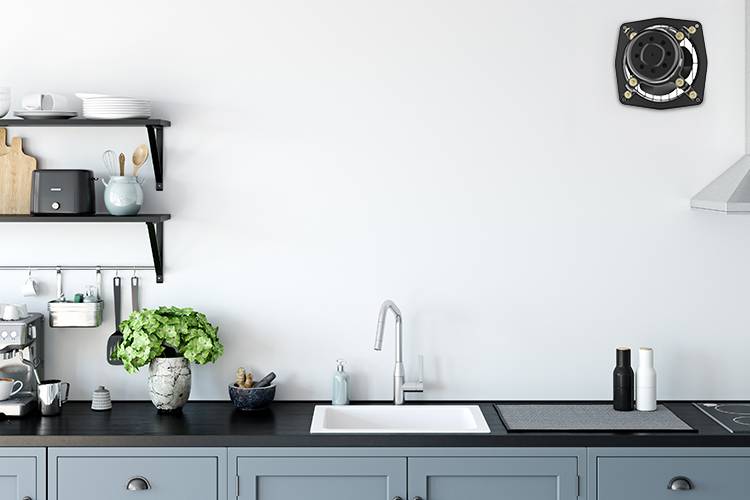
Choosing the right fan isn't just about size and style. The fan's material also plays a significant role in its performance, durability, and aesthetics. Fans come in a variety of materials, with plastic, metal, and hybrid designs being the most common. Let's delve into the pros and cons of each to help you find the perfect fan for your needs, whether it's a refreshing table fan for your desk, a powerful exhaust fan for your kitchen, or a compact personal fan for on-the-go cooling.
The Humble Plastic Fan: Affordable and Lightweight
Plastic is a popular choice for many fans, particularly table fans and personal fans. Here's a breakdown of its advantages and disadvantages:
- Pros:
- Affordable: Plastic is generally the most cost-effective material for fans.
- Lightweight: Plastic fans are easy to move around, making them ideal for personal fans and portable options.
- Variety of colors and designs: Plastic allows for a wider range of colors and design options to suit any décor.
- Cons:
- Durability: Plastic fans might not be as durable as metal ones, especially with frequent use or if dropped.
- Aesthetics: Plastic can sometimes appear less stylish or sophisticated compared to metal.
- Potential for noise: Some plastic fans can generate more noise than their metal counterparts.
Metal Fans: Built to Last with a Classic Look
Metal is a go-to choice for those seeking a sturdy and stylish fan. Here's what you need to consider:
- Pros:
- Durability: Metal fans, especially those made from sturdier metals like aluminum, are highly durable and can withstand wear and tear.
- Stability: Metal's weight provides better stability, especially for larger fans like exhaust fans.
- Classic and sleek aesthetics: Metal fans often have a timeless and elegant look that complements various décor styles.
- Cons:
- Cost: Metal fans are typically more expensive than plastic ones.
- Weight: Metal's weight can make fans less portable, especially for personal fans.
- Susceptibility to rust: Some metals can rust over time if not properly maintained.
Hybrid Designs: Combining the Best of Both Worlds
Hybrid designs offer a middle ground, combining plastic and metal elements for a balance of features:
- Pros:
- Balanced affordability and durability: Hybrid fans might be slightly more expensive than plastic ones but offer more durability.
- Moderate weight: They can be lighter than pure metal fans while remaining more stable than plastic options.
- Variety in aesthetics: Hybrid designs can offer a modern look with a touch of sophistication.
- Cons:
- Limited options: Hybrid designs might not be as widely available as pure plastic or metal fans.
- Price can vary: Depending on the specific materials used, the price can fall closer to plastic or metal options.
Choosing the Right Material for Your Fan:
The best material for your fan depends on your specific needs and priorities. Here's a quick guide:
- For affordability and portability: Plastic fans, particularly personal fans, are a great choice.
- For durability and stability: Metal fans, especially for larger exhaust fans, are ideal.
- For a balance of features: Consider a hybrid design if you want a combination of affordability, durability, and aesthetics.
We offer a wide variety of fans, including table fans, exhaust fans, and personal fans, in various materials to suit your needs. Remember, the right fan material can significantly impact its performance and lifespan. So, consider your priorities and explore the options available to find the perfect fan to keep you cool and comfortable!
Frequently Asked Questions (FAQs) :
-
What are the main advantages of plastic fans?
Plastic fans are affordable and lightweight, making them a cost-effective and portable option. They are available in a wide variety of colors and designs, allowing you to match them with your décor. However, they may not be as durable as metal fans and can sometimes be noisier.
-
What are the benefits of metal fans compared to plastic fans?
Metal fans offer superior durability and stability, making them ideal for long-term use and larger fans like exhaust fans. They often have a classic, sleek appearance that enhances the aesthetic appeal of your space. However, they are typically more expensive and heavier, which can affect portability. Some metals can also rust over time if not properly maintained.
-
How do hybrid fans combine the benefits of both plastic and metal?
Hybrid fans blend plastic and metal elements, providing a balance between affordability and durability. They are often more stable than plastic fans while remaining lighter than pure metal fans. Hybrid designs also offer a variety of modern and sophisticated looks. However, they might not be as widely available and can vary in price depending on the materials used.
-
Which type of fan material is best for personal use, like desk or portable fans?
For personal or portable fans, plastic is usually the best choice due to its lightweight and affordable nature. Plastic fans are easy to move around and generally cost less, making them suitable for desk or travel use.
-
What should I consider when choosing a fan for a large space or for use in a kitchen?
For larger spaces or kitchen use, metal fans are often preferred due to their durability and stability. Metal fans are robust and can handle the demands of larger rooms and high-traffic areas better than plastic fans. They also tend to offer a more stable performance, especially in exhaust applications.
-
Are there any maintenance concerns with metal and hybrid fans?
Yes, metal fans can be susceptible to rust, so it's important to maintain them properly and keep them dry. Hybrid fans generally require less maintenance than pure metal fans but may still need periodic cleaning to ensure longevity. Regular dusting and cleaning can help prevent rust and keep the fan operating smoothly.

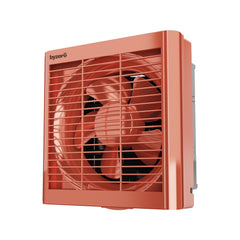
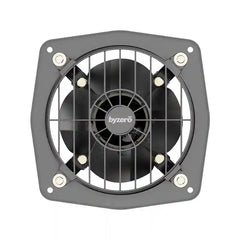
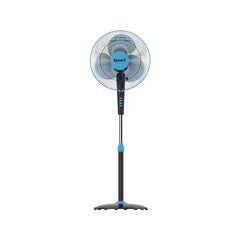
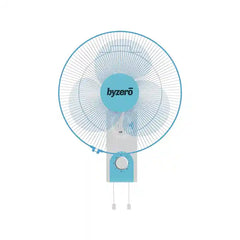
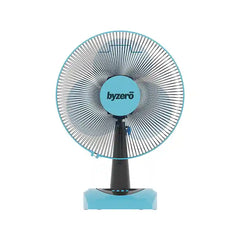
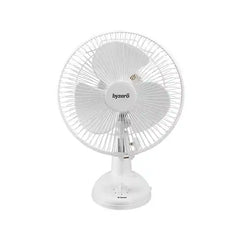



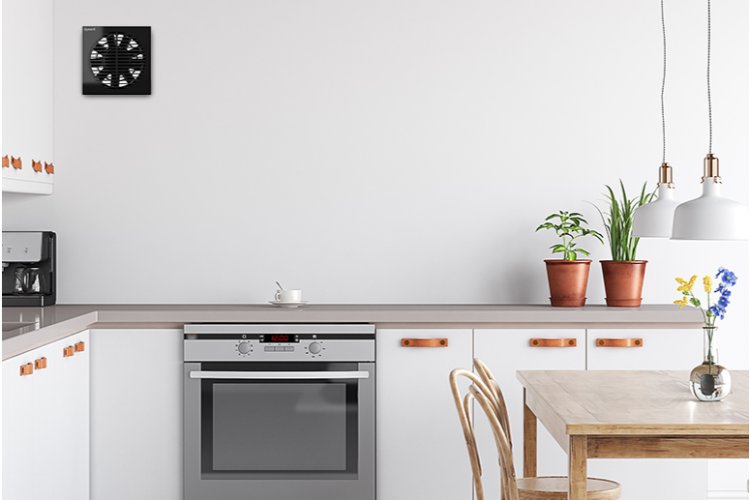
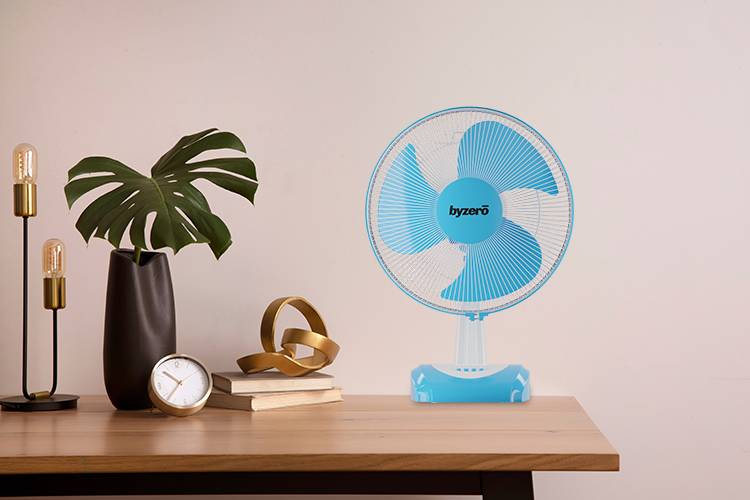

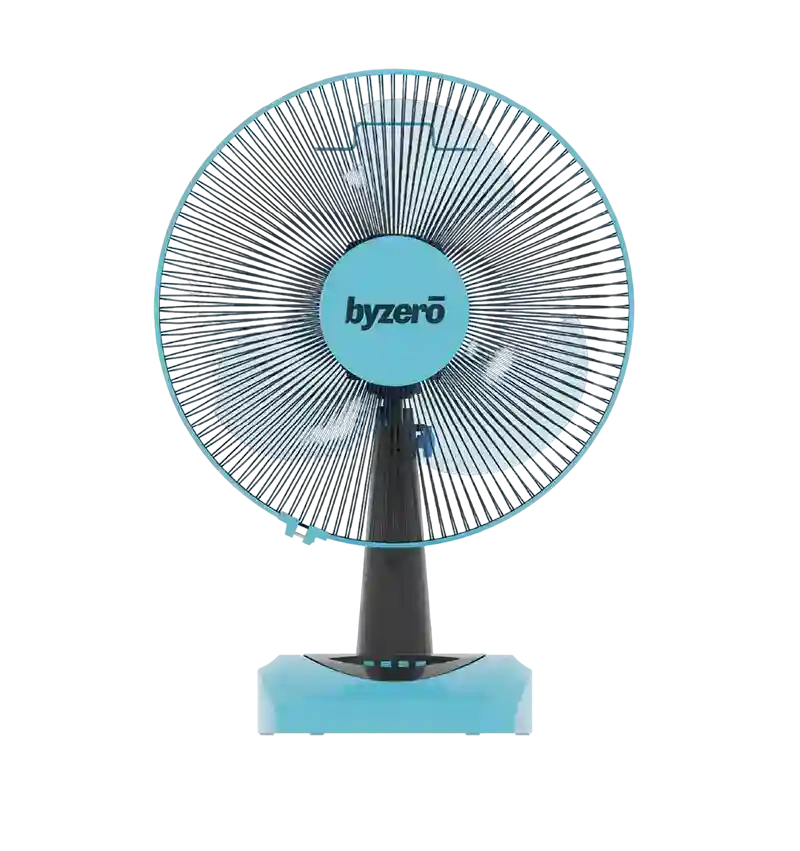
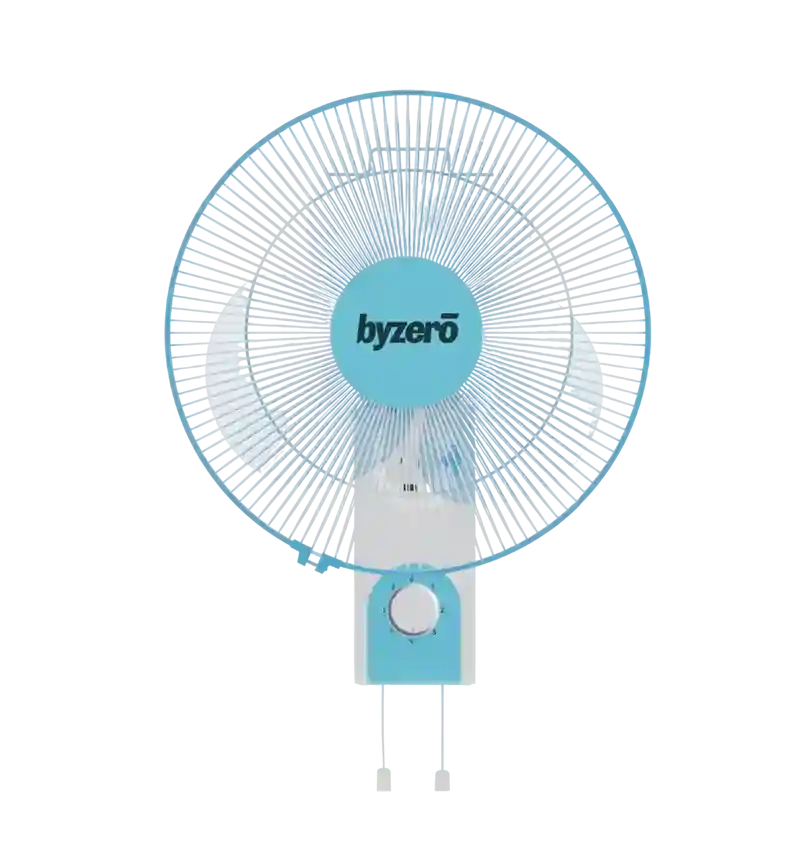
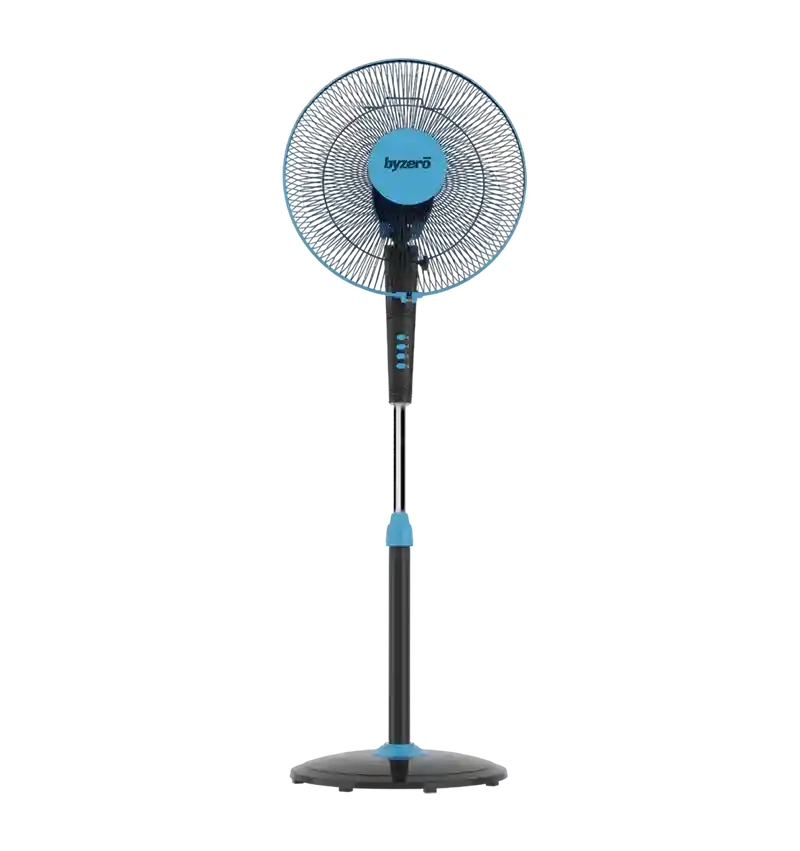
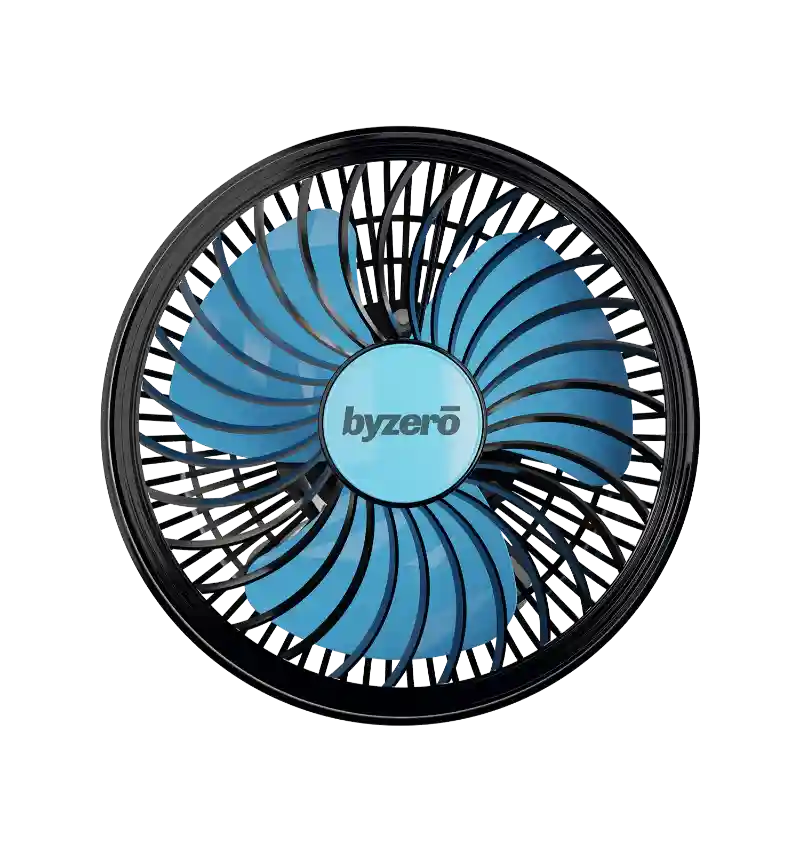
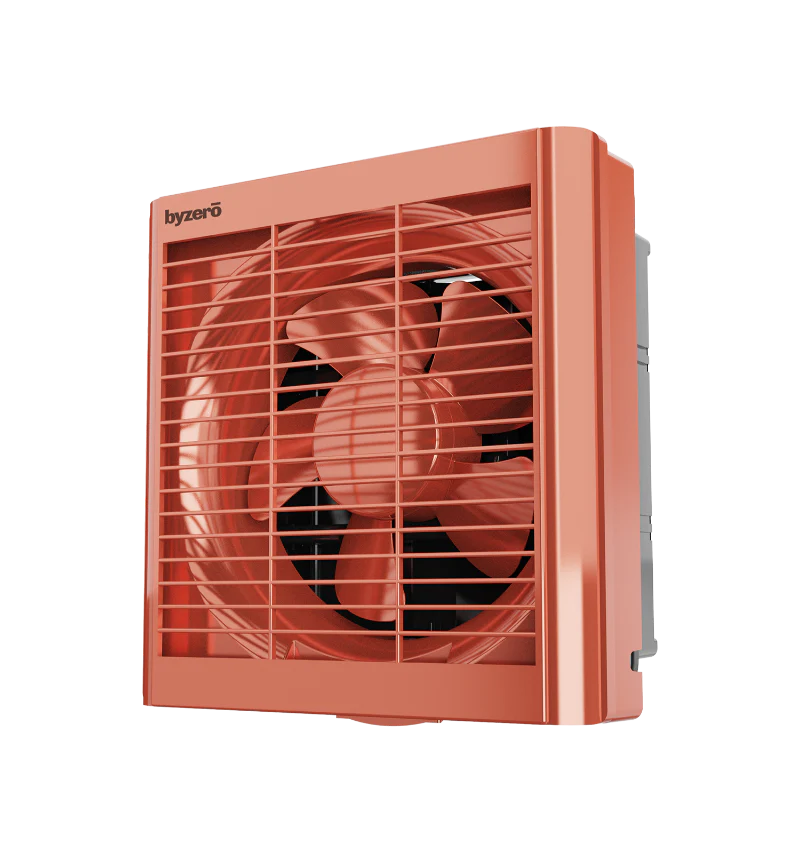



Leave a comment